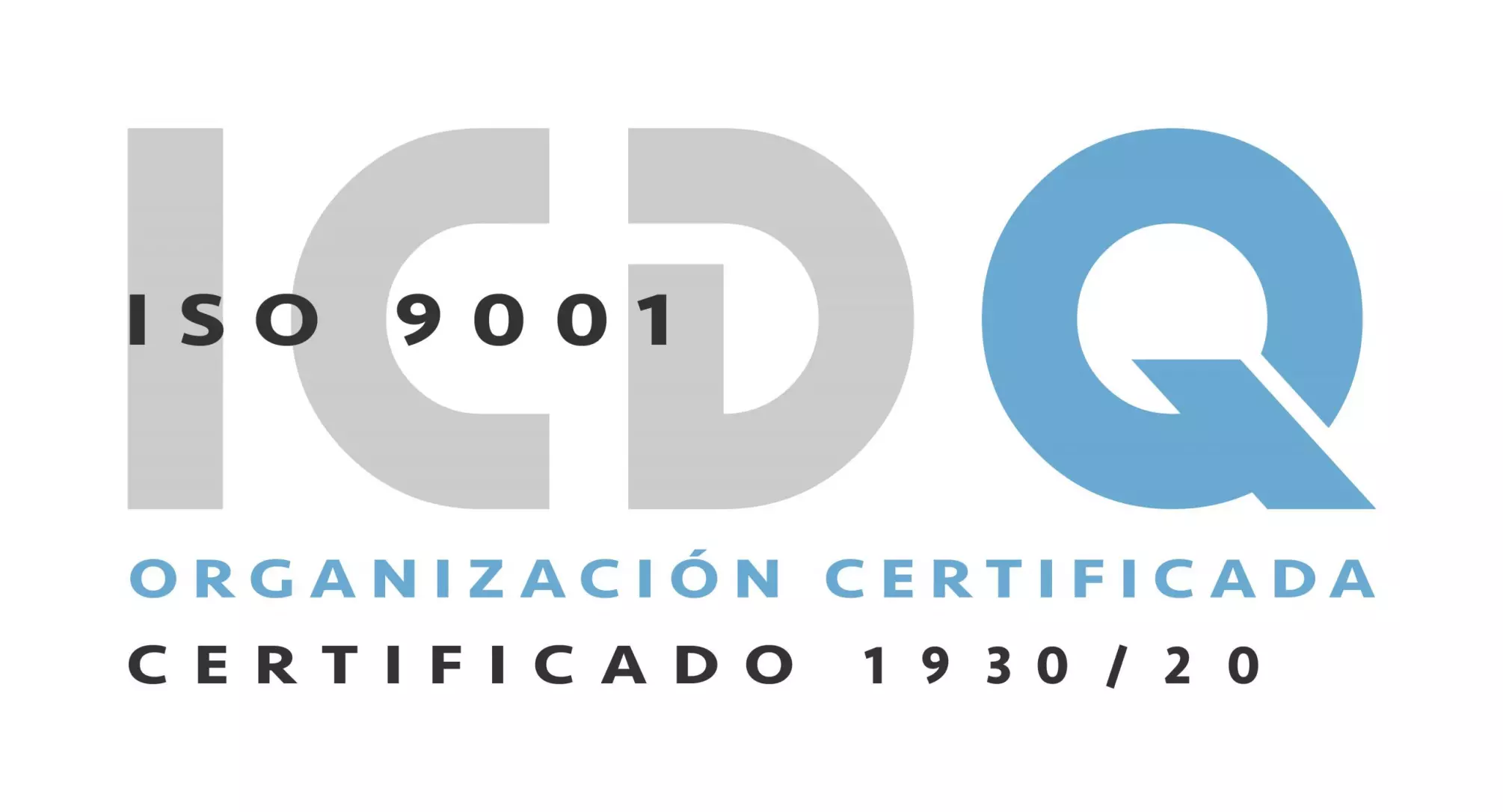A new normality is going to prevail in our society in which we will have to rethink some things that we took for granted. We are going to have to develop new ways of relating in which security prevails but that allow us to continue with our daily activities and our day-to-day relationships.
Both individuals and institutions have to assume this new situation and must demand, some, and provide, the others, the necessary means so that the relationship between citizens and institutions returns to normal. A new normality that will be obliged to maintain the same levels of quality of care, legal guarantee and rigour that public administrations must offer. And what is more important, it must be a normality that leaves no one out.
One of the responsibilities that administrations have with citizens is to offer a care service that allows the completion of certain procedures, some of them of great importance, to all citizens, especially those with limitations to access online procedures or with difficulties for its complete understanding. In these cases it is where the attended tramitation by an functionary applies, who will help the person to complete the process.
This service is essential and it is necessary for the administration to continue providing it in this new normality, so it must adopt tools that allow it to be carried out in practice, taking into account new needs for distance and mobility limitations.
These tools should allow:
- Direct contact with the attention staff.
- Identify the citizens who want to carry out this procedure.
- Sign the documentation involved in the process, especially the consent for the civil servant to process on behalf of the person served.
- Exchange documents between the parties.
- Leave evidence of the actions carried out.
Videoconferencing plays an important role in this relationship, a communication element that provides many advantages. The possibility of seeing the interlocutor improves the confidence of the people and, for the attention personnel, gives guarantees that the person who carries out the procedure is who they say they are.
In addition, videoconferencing is an accessible resource to the entire population that has a smartphone, tablet or computer with a camera, making it an almost universal solution. If we add to this the advantage of a solution that does not require the installation of additional software, we greatly simplify usability and gain accessibility.
Another important factor is to give citizens the option of identifying themselves with simple toolsavailable to everyone, which also give legal guarantees. The integration of a solution such as idCAT Móbil, currently used by the Generalitat de Catalunya, would make digital signature possible without resorting to cumbersome solutions based on digital certificates.
In addition, a solution that would allow remote processing to be carried out would serve to enhance care services, allowing administrations to:
- Take better advantage of human resources, which could provide customer service from any office or even from other locations.
- Facilitate citizens’ access to procedures, avoiding unnecessary travel and shortening waiting times.
- Simplify some formalities, reducing the documentation to be presented and the technical requirements (certificates, document scanner) to be performed remotely.
IN2tant Video is IN2’s solution for videoconference-assisted processing, designed to be easy to use by any type of user and easy to implement in public administrations, as well as in other sectors that require complex formalities and procedures.








